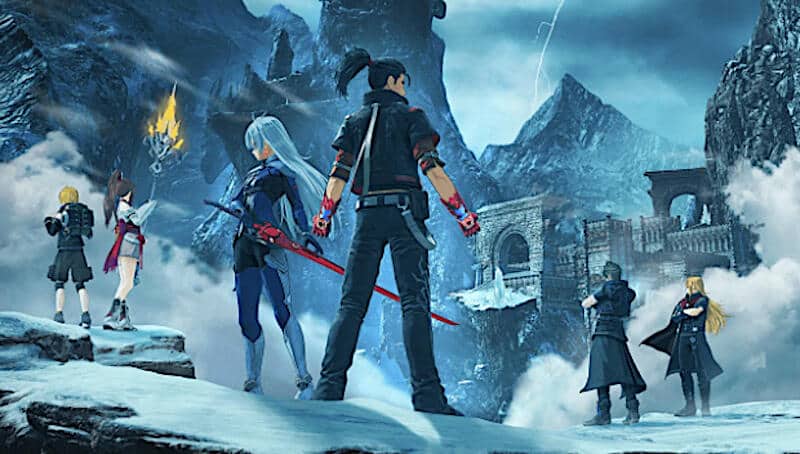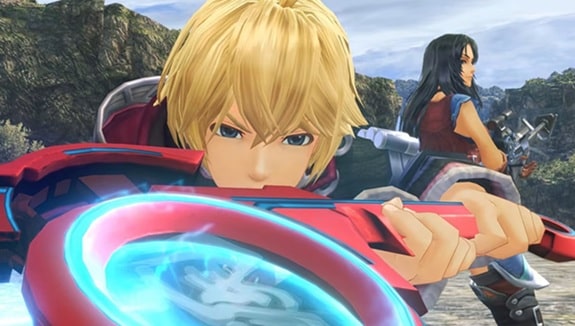Over the past decade, Monolith Soft has become famous worldwide due to the success of its critically acclaimed Xenoblade Chronicles trilogy. Furthermore, their games were considered some of the best on Nintendo’s consoles, with whom they have a longstanding alliance.
Therefore, it should be no surprise that Nintendo finally purchased complete ownership of the respected developer. However, many others are probably skeptical of this choice, given the history of corporate acquisitions. Here is a breakdown of this massive yet inevitable purchase for Nintendo.
Nintendo Owns Monolith Soft
According to Automaton, Nintendo has finally bought ownership of the developer Monolith Soft. This information came from an updated business chart on their website. However, no reason has been given, nor was the exact date announced. The company has joined the pantheon of iconic developers under Nintendo, including Pokemon’s GameFreak and Fire Emblem’s Intelligent Systems. This news comes months before the re-release of Xenoblade Chronicles X, an acclaimed game from the short-lived Nintendo Wii U.
While this news may sound huge, Nintendo already owned most of Monolith Soft. When they bought the developer from Namco in 2007, they owned 80%, which grew to 96% by 2011, when Xenoblade Chronicles was released. When Nintendo finally sealed the deal, the founders owned a meager 4% stake in the company. Furthermore, all of Xenoblade’s games were published on Nintendo’s consoles.
The Xenoblade Saga

Most gamers know of Monolith Soft from their work on the Xenoblade Chronicles trilogy, their breakout hit. These action JRPGs followed gigantic sword-using heroes as they fought to save their worlds from ancient, divine powers. The games were praised for their profound stories and deep characters. Three of their heroes, Shulk, Pyra, and Mythra, entered Nintendo’s blockbuster crossover, Smash Bros.
Before Xenoblade, director Tetsuya Takahashi and the rest of their creative team worked on several spiritual predecessors. The first was the cult-classic Xenogears for the PSX, a long, extremely ambitious RPG telling a millennia-long epic. Years later, they worked on the PS2 successor trilogy, Xenosaga. Much like Shin Megami Tensei, these games featured heavy religious symbolism and drew inspiration from the Christian heresy of Gnosticism for their concepts and themes.
Beyond their flagship franchise, they co-produced several other Nintendo titles, such as Splatoon and Animal Crossing: New Horizons. Furthermore, they developed other forgotten titles, such as the Baten Kaitos series. Overall, they’re an impressive company for Nintendo as a vassal.
Corporate Buyouts
While many gamers probably saw this buyout as inevitable given Nintendo’s existing ownership of Monolith Soft, many critics raised an eyebrow at another studio becoming wholly owned by a larger conglomerate. Fewer and fewer big corporations own more companies, quickly becoming a concern among many in the entertainment and gaming fields.
Microsoft is the most infamous example of this in recent memory. After purchasing Bethesda and Activision-Blizzard, the FTC stepped in as the two entered a legal battle. They thought such a massive purchase violated anti-monopoly laws. In the end, they purchased it for $70 billion. Furthermore, many other companies, like EA, became infamous for their poor treatment of subsidiaries.
Fortunately, Nintendo has a far better reputation for treating its subsidiaries. While many believe Nintendo overlooked a few of their older series, overall, they’ve done a good job of keeping their major franchises going while continually creating originals. With the re-release of Xenoblade Chronicles X, this will hopefully mean a strong future for Monolith Soft’s stories.
Conclusion
The Xenoblade trilogy is one of Nintendo’s most iconic JRPG franchises, alongside Pokemon and Fire Emblem, so it makes sense that they would eventually gain full ownership of Monolith Soft. With a decades-long alliance with Nintendo, they have strong synergy.
In an age when massive corporations owning smaller developers have become a bad omen, Nintendo has proven to be a responsible parent company. The Xeno franchise has seen many reincarnations, so they might create another successor or, with luck, bring their older games to modern consoles.


